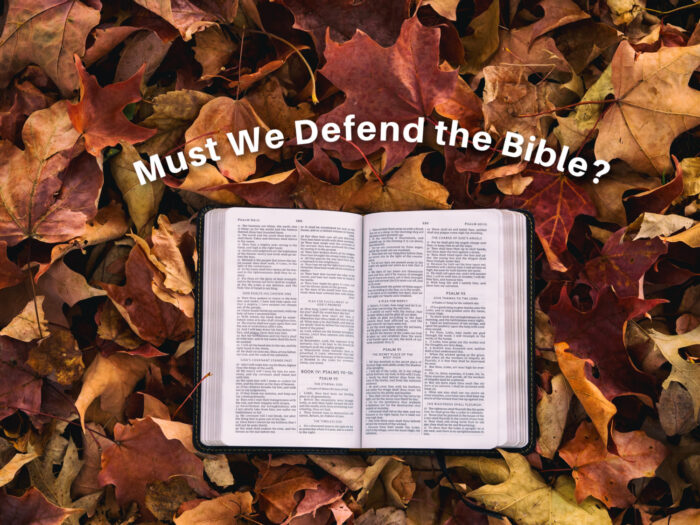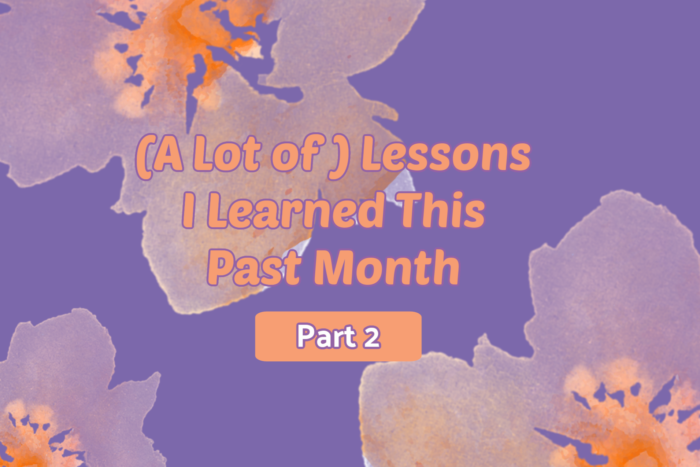Considering Our Legacy
The other day I was paging through an old photo album. I got to the page which held the sepia-toned likenesses of my great grandparents. I took a moment and stared at those eight faces. All but two of them were gone before I was born. The two that were alive died when I was a young child. Those eight people are strangers to me. I have little recollection of them nor did they have any input in my life.
Or did they?
They must have. For they shaped the grandparents that would shape the parents that would shape me.
But two generations later they are simply photos to those who come after them. There aren’t even memories to warm my heart as I look at their photos.
I think of this as I consider the children of my grandchildren. I will most likely not have any great impact in their lives. If God would so bless me then, for sure, that blessing would end by the time the great-great grandchildren came along. You see, we are always just a couple generations from being forgotten.
I was struck by this same brevity and insignificance as I have been reading Daniel. As God gives Daniel prophecies of the things to come, it brings to mind just how small I really am. It is both humbling and important to remember that the world doesn’t revolve around me. Most of us will die less than a hundred years after we are born and the majority of us will go unremembered in the annals of history.
But there is much we can do to bless future generations. We are given this precious opportunity to shape our children who will then shape their children who will then shape their children and on and on it goes.
So often, godly heritage is lost as the following generations go on a downward spiral. Whatever you choose to do, your kids will go just a step further, and on and on, until the future generations are lost to worldliness and immorality.
While we surely can’t stop this from happening, we can do our best to keep it from happening.
And I am reminded once more of the critical nature of following hard after God. We get lazy and we think our choices to not study the Bible or to remain prayerless for weeks on end affect only us. We somehow believe our choices to sin or to compromise are personal choices. But these choices echo into the halls of eternity through those that come after us.
Our daily choices are, by God’s very design, affecting future generations.
In light of this, we are led to a very important question–
Am I living life in a way I want my children and grandchildren to emulate?
So many people are just living for themselves these days. It’s the way of the world. As believers, we need to set a much higher standard. We need to not only live for Christ, we need to strive to be like Him. We must be intentional and single-minded in our submission and obedience to God.
Of course, we are reminded of God’s marvelous grace when we remember that some of you have been plucked right out of your worldly, ungodly families to be saved for God’s glory and His purposes. How awesome is that? You actually get to be the beginning of godly heritage for those future generations that come after you. What a privilege!
And, while setting a great example is of utmost importance, let’s also remember the critical nature of passing on the baton of godly heritage through communication. Let’s talk about the things that are of eternal significance with our kids and grandkids. Let’s point them to the Word, explaining why it is our only true anchor in this life.
We also can’t underestimate the power of prayer as we consider the future generations. Many years ago now, I started praying that the generations after me would grow stronger rather than weaker. It has been an awe-inspiring thing to watch God begin to answer that prayer as my kids grow–and that despite the many weaknesses and sin struggles of their parents. I didn’t realize until recently that my mother has been praying the same thing for her kids and grand-kids for many years. Prayer is an invaluable blessing, given to us by God.
So what if you don’t have kids? Does that give you a free pass in this legacy stuff? We know it doesn’t. There are young people around you that need a godly example. You can support godly parents of children you know by confirming what they are trying to teach their children. You can come alongside a child or teen that sadly lacks a godly example in their lives. How many people have been affected by godly men and women who are unrelated to them because that person reached out and gave them the gift of time and wisdom?
God will give all of us ample opportunity to build our legacies, if we will just look for the opportunities.
I don’t know how long we will be on this old earth but, for however long it is, may it be our deepest hope and ongoing prayer that the generations coming after us desire nothing more than to know Christ and to make Him known. May they stand firmly on the Solid Rock, be full of faith, and be bolder, stronger, and wiser than we are.
Because, as we watch the crumbling world around us, it’s pretty clear they will need to be.
____________________________________
Praise the Lord!
Blessed is the man who fears the Lord,
Who delights greatly in His commandments.
His descendants will be mighty on earth;
The generation of the upright will be blessed.
Psalm 112:1-2










